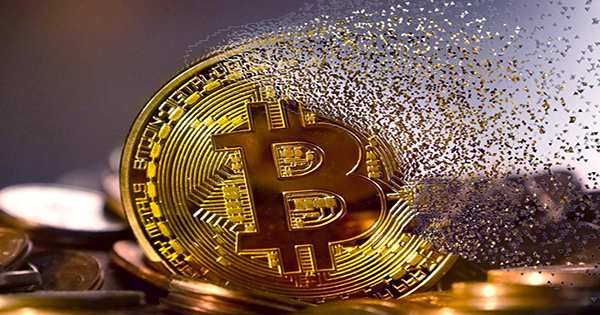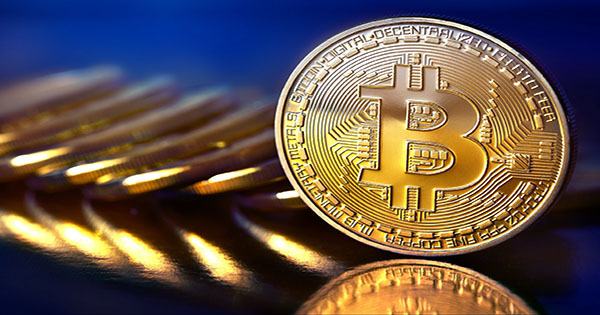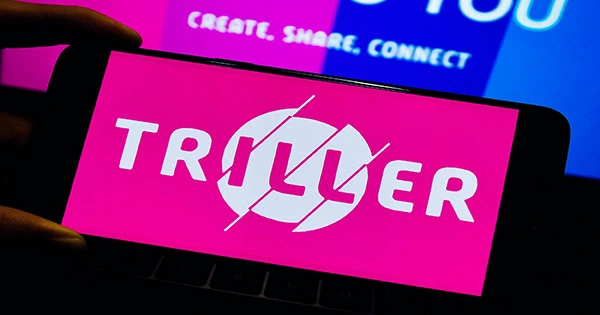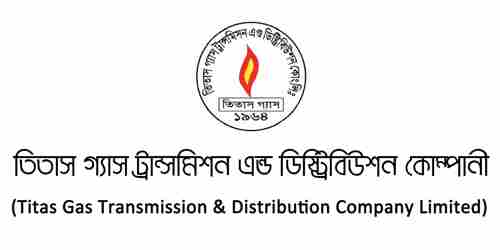El Salvador will take the first step worldwide by legalizing bitcoin alongside the US dollar. El Salvador’s 39-year-old president, Nayib Bukele, set out this view in a tweet on Sunday, June 6, to further his plan by climbing with a popular meme by adding a red member among bitcoin supporters. Laser has his Twitter profile picture.
The law, which will send to Congress next week, created with the help of a digital payment app strike in El Salvador. They say they have provided “market support” to help draft the legalization and will continue to work with the country to build financial infrastructure using bitcoin technology. “Central banks are increasingly taking steps that could damage El Salvador’s economic stability,” the bill states, in a video from Strike CEO and founder Jack Mallers (below). “This is to minimize the negative impact of central banks, which cannot be regulated by any central bank, and only need to authorize the circulation of digital currency, including supplies that change with purpose and computational standards.”

Another big drive behind this decision is to make it easier for Salvadorans living abroad to send payments home. The conventional payment system means billions of dollars are lost to “middlemen” when people send remittances from abroad. The system is also slow and can take a significant amount of time to complete the transaction. By comparison, the use of bitcoin will allow money to transfer across the border instantly without any money. “A large part of these billion bitcoin dollars has been lost to the mediators. # by using bitcoin, the amount received by more than one million low-income households will increase by billions of dollars each year. It will improve the lives and futures of millions of people, Buckley tweeted.
President Buckley also noted that 90 percent of El Salvador’s population has no bank accounts and that they work in the “informal economy” which means they are currently excluded from many aspects of the financial system. He suggested that the move would open up more economic opportunities for these people through easy access to credit, savings, investments and secured transactions. He added, “We hope this decision will be the only beginning to provide a place where some of the top innovators can imagine a future of money to help billions around the world.”















